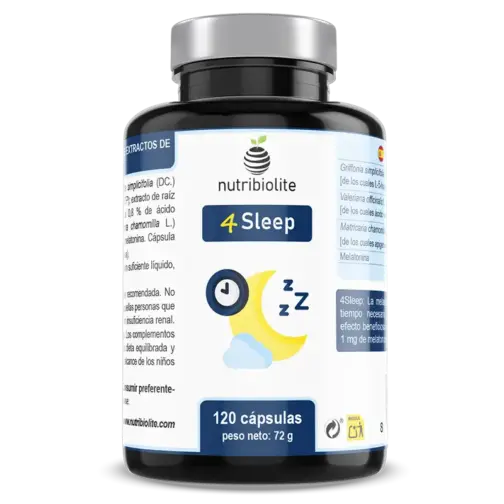The human body, like a clock sensitive to light and silence, responds to small gestures before sleep. According to the study in Physiological reports 2025, the researchers looked at how modulating specific biochemical pathways can improve muscle function without altering other visible parameters. Although this work focused on vascular health and physical performance, their approach connects to a fundamental idea for sleep and rest: physiological balance depends on discrete, often invisible, pathways that are adjusted every night.
What does this mean for those seeking better sleep? The study showed that gently intervening on key enzymes is enough to influence bodily performance. In our daily lives, this logic translates into simple routines: eating a light dinner, dimming the lights, or avoiding strong screens after sundown. Each of these habits helps to mark the start of the body’s natural rest, just like an internal signal that “it’s time to let go”.
The science behind sleep and rest: silent but powerful signals
While we sleep, the body orchestrates precise changes in hormones such as melatonin. This molecule acts as a nocturnal messenger, alerting cells when to start repairing tissues or slowing down functions. Melatonin production is closely linked to environmental darkness and internal circadian rhythm.
However, factors such as chronic stress, rotating shifts or simply getting older can make it difficult for this signal to be clear or timely. From the age of 40 onwards, natural melatonin levels decrease markedly and after 70 they can be minimal. This explains why getting a good night’s sleep becomes more challenging over time.
Change simple routines to promote stable sleep
You don’t have to transform your whole life to improve your sleep. Small actions make a difference: dimming the lights in the evening, keeping regular hours or choosing light, quiet dinners.
Foods rich in tryptophan (oatmeal, banana) provide the raw material for making serotonin and then melatonin during the night. Taking half an hour before going to bed to switch off screens also allows these biochemical pathways to be activated without external interference.
How 4Sleep fits in with your night-time physiology
At times when the internal clock loses its usual rhythm – due to long journeys, sustained stress or hormonal changes – it can make sense to turn to gentle, physiological support. 4Sleep, developed by Nutribiolite, follows the same natural logic highlighted by both recent studies and European recommendations.
Its formula combines melatonin (1 mg), recognised by the European Food Safety Authority (EFSA) as a safe sleep-initiating adjuvant when taken before bedtime; 5-HTP extracted from Griffonia simplicifolia, a direct precursor of serotonin and then melatonin; along with standardised extracts of valerian and chamomile, traditional plants known for their relaxing action without causing dependence or residual drowsiness.
While melatonin acts as a physiological signal to start resting, the other ingredients reinforce this process through complementary pathways. Thus, 4Sleep accompanies your natural sleep cycle without forcing or blocking internal mechanisms.

Melatonin 1 mg and 5-HTP with relaxing plants.
Frequently asked questions about sleep and natural rest
Why is it important to take melatonin just before bedtime?
Taking melatonin close to bedtime helps to synchronise the natural sleep onset signal with your internal rhythms. This supports a smooth transition to rest without disturbing other important biological cycles.
What is the difference between taking melatonin alone or combining it with plants?
Using melatonin alone tells the body when to start sleeping, but does not always guarantee continuity or quality of rest. Adding relaxing extracts such as valerian and chamomile together with 5-HTP also promotes mental and emotional relaxation throughout the night.
Can I feel tired the next day if I take sleep supplements?
This should not happen if you choose balanced formulas such as 4Sleep with EFSA-regulated dosages. Unlike more powerful sedative products or high doses of melatonin (>3 mg), the priority here is to respect physiological processes and avoid residual morning drowsiness.
When does it make sense to use a supplement like 4Sleep?
It makes sense when external factors disrupt your internal rhythm (long journeys, sustained stress or changing hormonal stages) and daily habits are not enough to restore it. It is a temporary support designed to accompany good night-time routines.
How long can I use a natural supplement like this for?
You can use it either occasionally (at specific times) or for weeks at a time if you need it, as long as you follow the recommended instructions on the label and take care of your general daily habits (dim light at night, light suppers).
This content is informative and does not replace the advice of a health professional.
















